The Core Islamic Pilgrimages
In the Name of Allah (SWT), the Most Merciful
Hajj and Umrah are two very special journeys and the most important pilgrimages in Islam that every believer wants to experience in their lifetime to create a special bond with Allah (SWT). On one hand, the Holy Quran describes Hajj as the holiest journey of Islam as well as one of the five pillars of the religion. Umrah, on the other hand, is relatively a shorter pilgrimage that can be done at any time of the year, but it is not mandatory like Hajj.
Both the pilgrimages take place in the holy city of Makkah, Saudi Arabia. While the obligatory Hajj happens only during the specific month of Dhul-Hijjah, the lesser pilgrimage, Umrah is performed throughout the year outside the month of Dhul-Hijjah.
Table of Contents
These pilgrimages bring Muslims closer to Allah (SWT), teach patience, and remind us of the inspirational lives of Prophet Muhammad (PBUH), Prophet Ibrahim (AS) and his family. These pilgrimages are more than just visiting the holy places, these are all about purifying the hearts, seeking forgiveness (Astaghfar), strengthening the faith (Imaan), and becoming better Muslims. In this blog, we will explore why journeys are so important in Islam. We’ll look at their significance, what makes them unique, and why every Muslim longs to perform these pilgrimages.
How the Journeys Evolved Through the Time
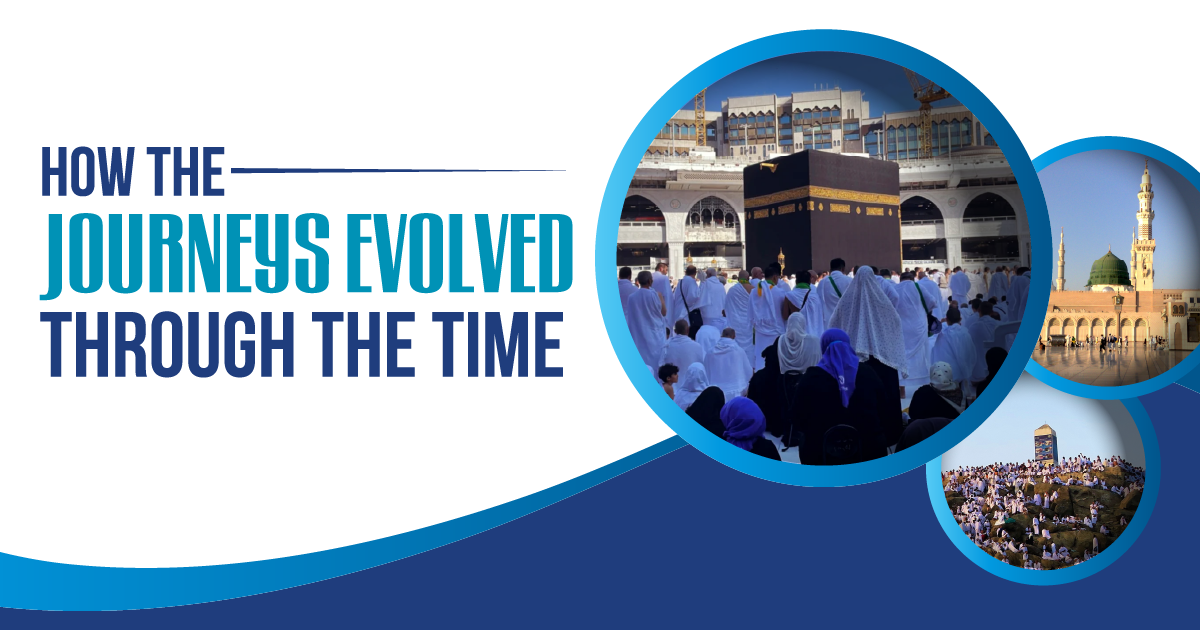
Hajj and Umrah have a long history that goes back thousands of years, and their origins are connected with the lives of Prophets and their families.
Constructing the Baitullah Kaaba
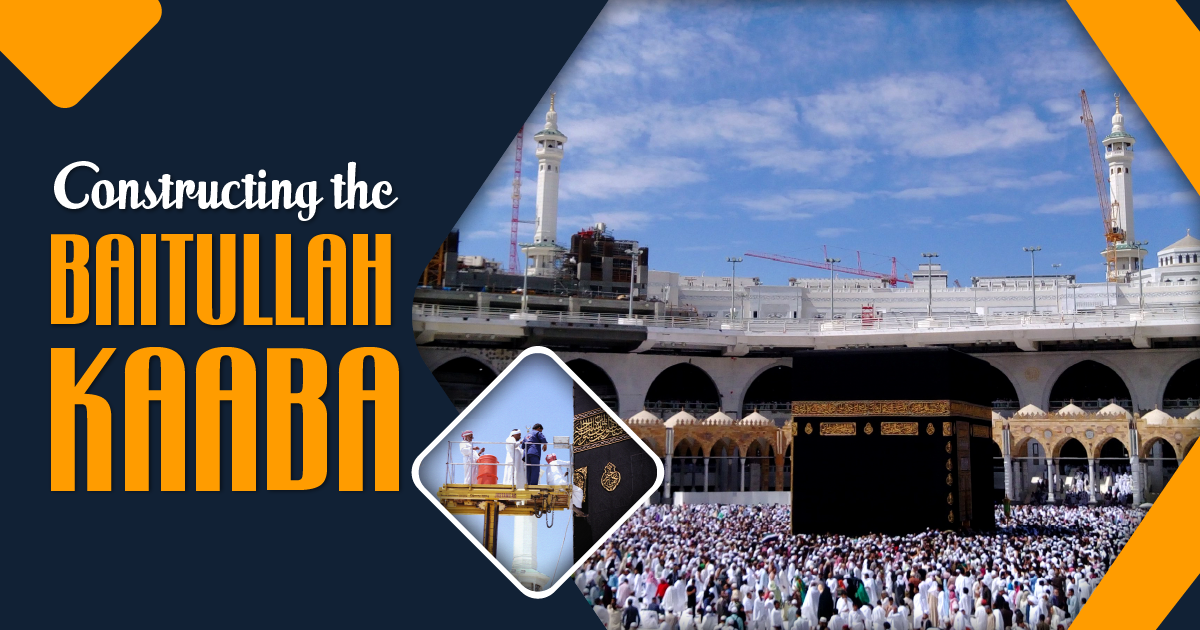
Allah (SWT) commanded Prophet Ibrahim (AS) to build the Holy Kaaba, the sacred house of Ibadat (worship), with the help of his son, Prophet Ismail (AS). The Holy Kaaba, located in Makkah, is the direction (Qibla) Muslims face when they pray and remember the Almighty, and it is the center of both the pilgrimages.
Appearance of the Zamzam Well
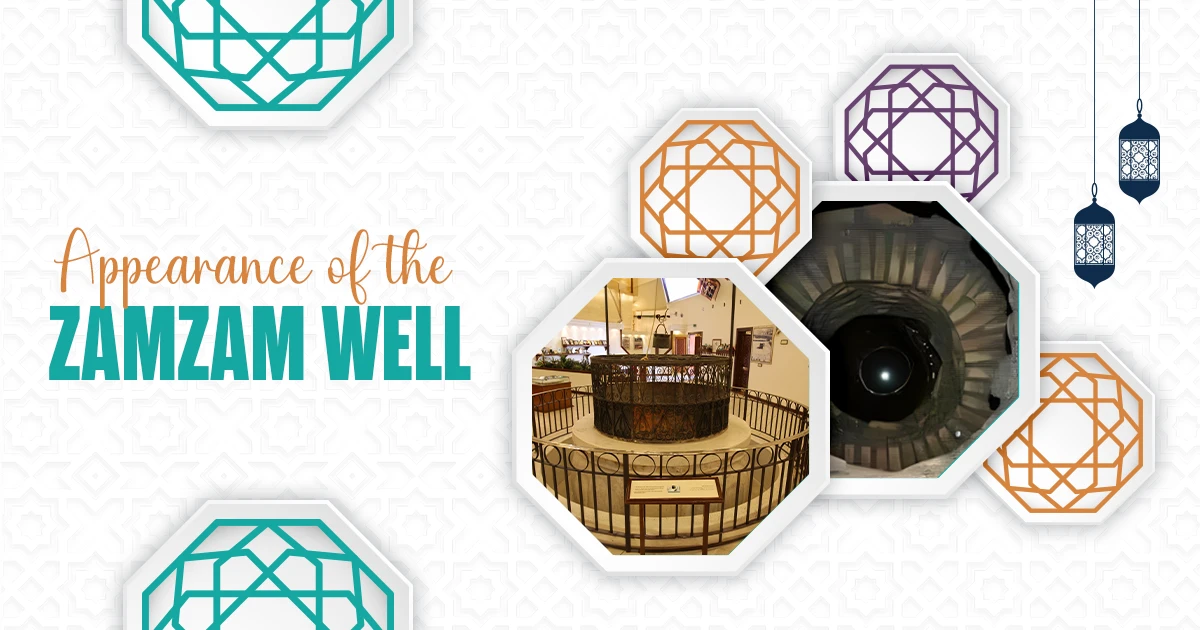
The story of Hajj began when Allah (SWT) tested Prophet Ibrahim (AS) by asking him to leave his wife Hagar (RA) and their son Ismail (AS) in the desert of Makkah. When Hajar ran out of water, she desperately ran between the hills of Safa and Marwah, looking for help. The Merciful answered her prayers, and a spring of water, known as Zamzam, miraculously appeared near her son. Today, pilgrims remember her struggle by walking between these two hills during the ritual of Sa’i that is performed in both the pilgrimages.
The History Behind Qurbani
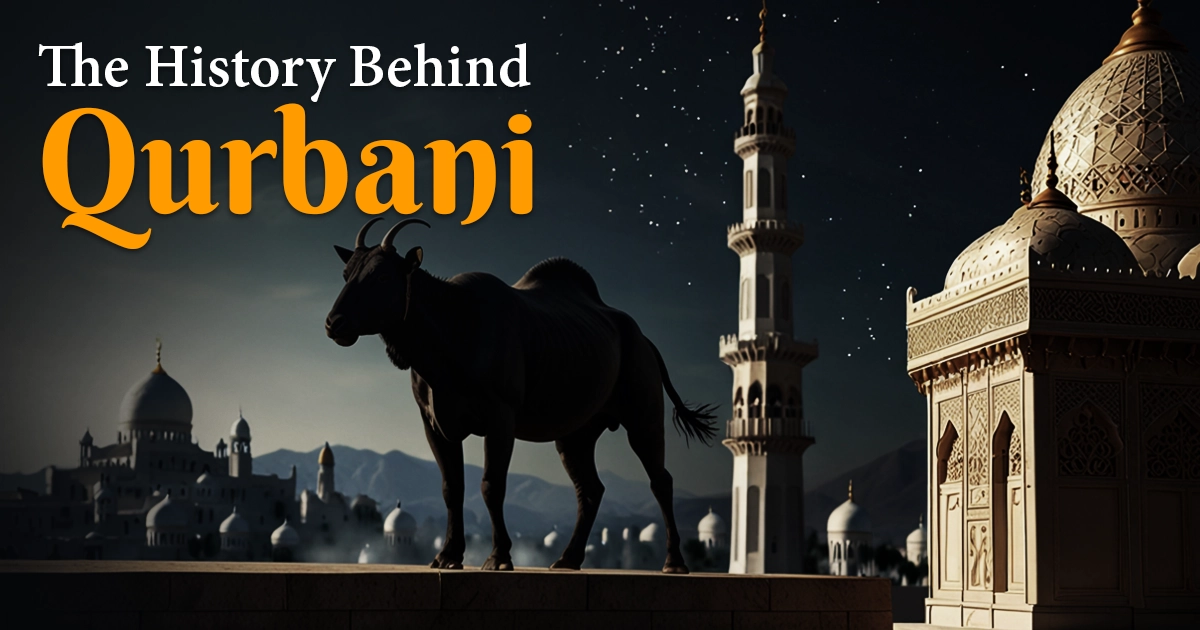
The most famous event linked to Hajj is when the Creator asked Prophet Ibrahim (AS) to sacrifice his son Ismail (AS) as a test of faith. Just before the sacrifice, He replaced Ismail with a ram, and this is why Muslims sacrifice animals as Qurbani to remember this act of obedience.
The Umrah journey is a tradition of Prophet Muhammad (PBUH) who has inspired the Ummah to perform the pilgrimage as a greater act of worship.
Changes in The Mode of Transportation
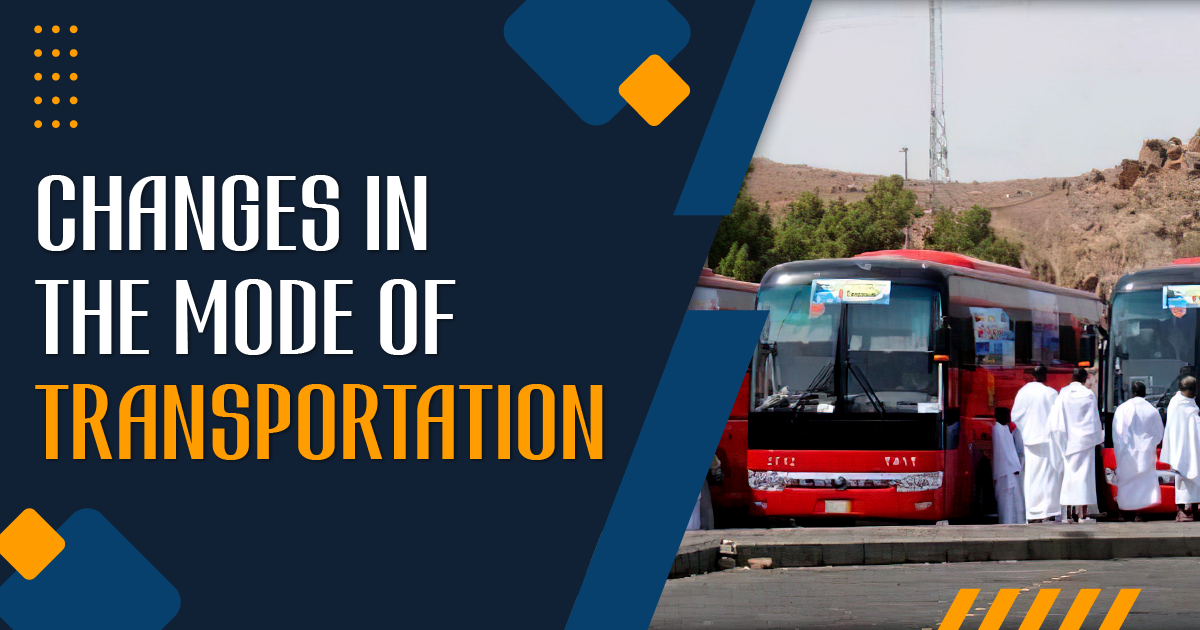
Over the years, the practices of Hajj and Umrah have remained the same, following the teachings of Prophet Muhammad (PBUH), who performed the journey himself. However, the way pilgrims travel to Makkah has changed significantly. In the past, people would travel by foot, on camels, or by ships, and the journey could take months.
Today, with modern transportation, pilgrims can fly from all over the world, making it easier for believers to perform the journeys each year. Though, there has so many changes, the rituals and importance of these pilgrimages have stayed the same.
How Significant is the Journey of Hajj
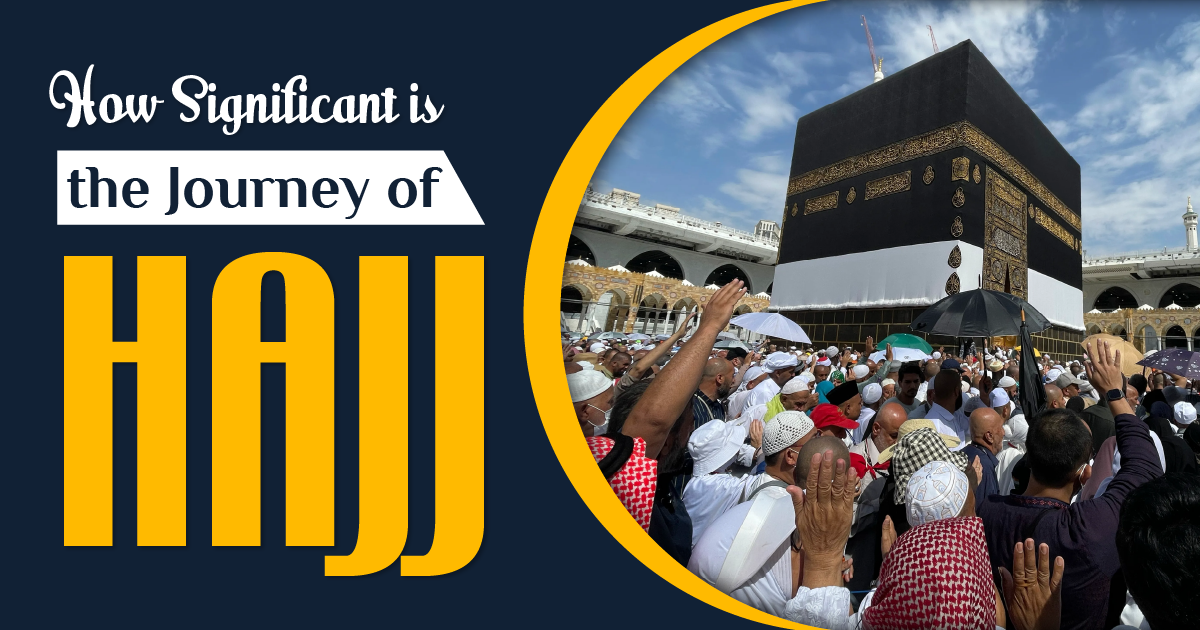
As it is described as one of the five pillars of Islam, it is a must for every Muslim to perform if they are able to do it. It is an important act of worship, just like praying (Salah) and fasting (Sawm), and it must be done at least once in a Muslim’s lifetime if they have the money and good health to make the journey. This is because the Supreme Power has commanded Muslims to perform Hajj as an act of obedience and devotion.
Role of Hajj
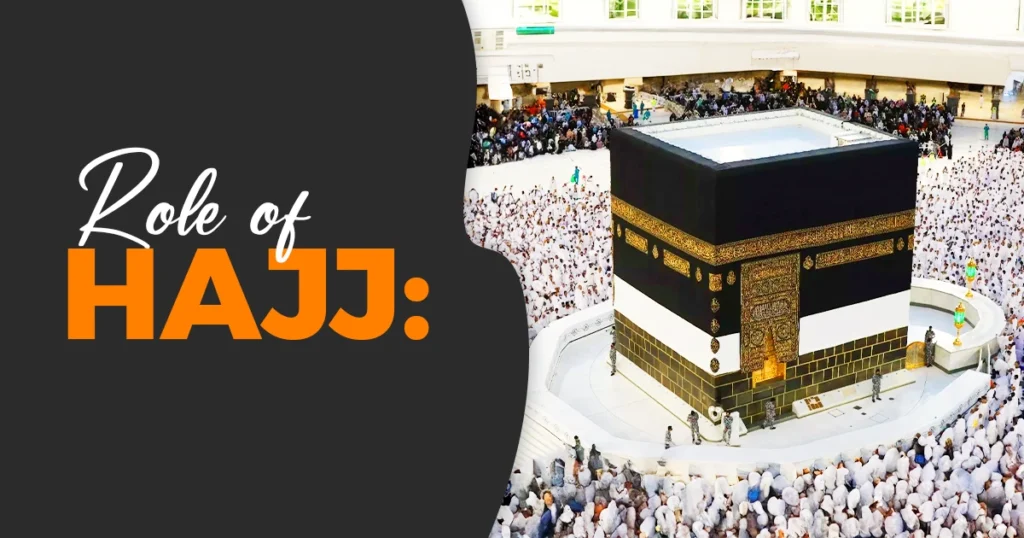
For a Muslim, it is a very special journey. It is not just a physical trip to Makkah, but it is also a spiritual journey to get closer to the Almighty.
During the journey, Muslims follow in the footsteps of Prophet Muhammad (PBUH) and Prophet Ibrahim (AS) and his family, which helps them remember the lessons of faith, patience, and sacrifice.
By performing it, a Muslim shows their dedication to Allah (SWT) and gains a sense of unity with other Muslims from around the world.
Spiritual Benefits
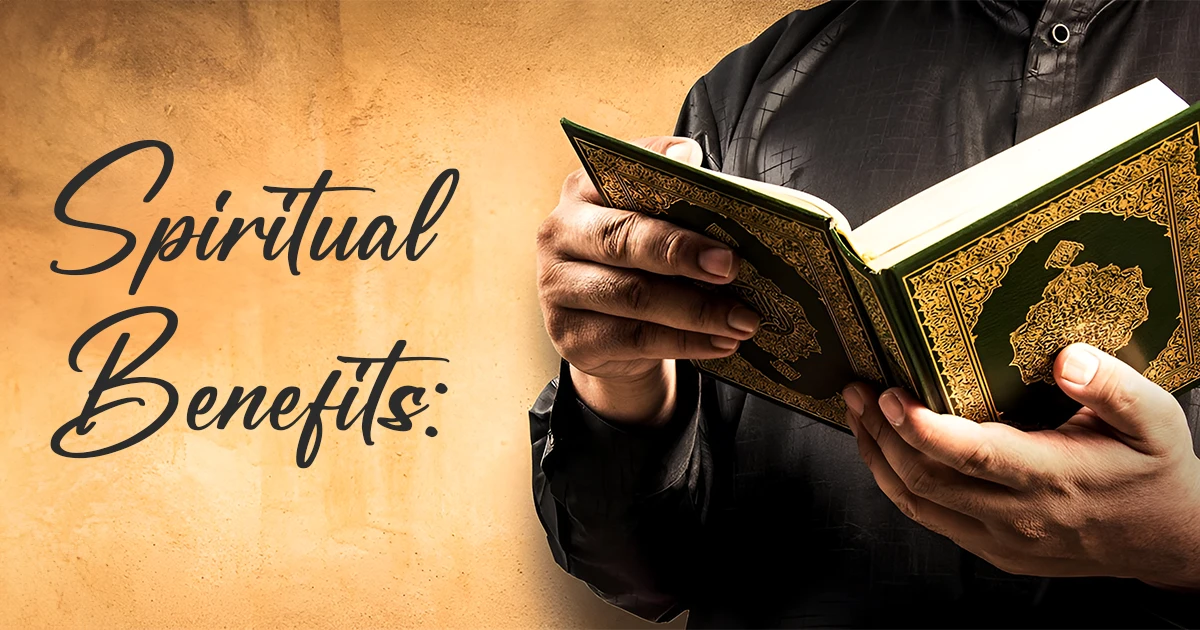
- It is said that when a person completes the obligation sincerely, all their past sins are forgiven, and they return as pure as a newborn.
- It also helps a person grow in patience, humility, and gratitude. It is a reminder of the importance of focusing on Allah (SWT) and the blessings He has given.
In short, Hajj is a life-changing experience for Muslims, helping them strengthen their faith, cleanse their hearts, and earn great rewards from the Almighty.
Umrah: How Important is the Journey?
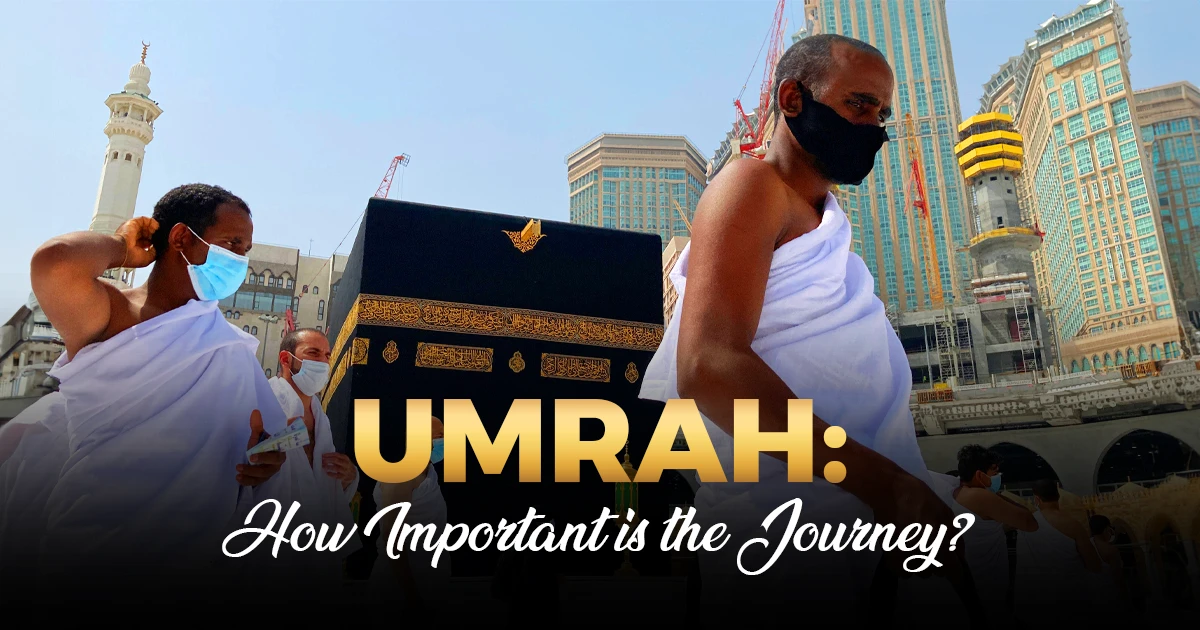
The journey of Umrah is also called the “lesser pilgrimage” because it is not mandatory. However, it is still a very rewarding and great spiritual journey for Muslims as it is connected with the Messenger of Allah (SAW).
Difference with Hajj
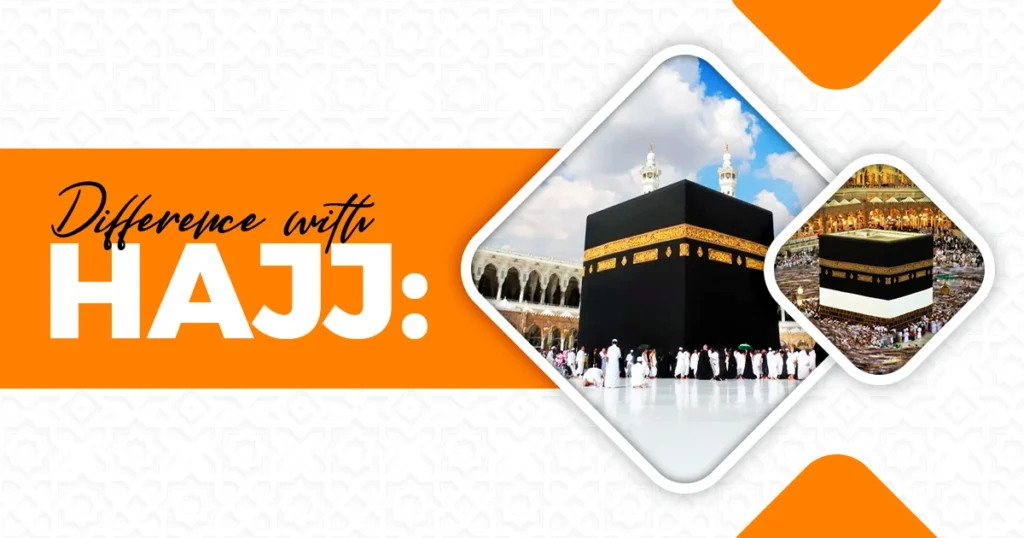
- While the Hajj is one of the five pillars of Islam and is required for Muslims who are able to perform it, the Umrah is optional.
- The rituals of Umrah are shorter than those of Hajj, but both pilgrimages involve visiting the Holy Kaaba, the most sacred site in Islam, and following certain steps, like walking around it and between the hills of Safa and Marwah.
- Umrah is a year-round pilgrimage, Hajj has an exact month to perform it.
Significance

The spiritual significance of the journey is very deep. It is a way for Muslims to seek forgiveness from the Almighty and to purify their hearts. Performing the journey brings a person closer to the Divine Power, reminding them of the importance of worship and obedience. It also helps pilgrims reflect on their lives, ask for guidance, and strengthen their faith.
One of the biggest spiritual benefits of Umrah is that it erases past sins. Prophet Muhammad (PBUH) said that performing Umrah washes away sins and brings blessings. For many, it is also a chance to feel a sense of peace and unity with Muslims from around the world, as they all gather for the same purpose – to worship the Divine and seek His mercy.
Financial Contributions of The Islamic Pilgrimages
- Strengthening Nation’s Economy:
Hajj and Umrah are not only important religious events but also have a big impact on the economy of Saudi Arabia. Every year, millions of Muslims from all over the world visit the holy cities of Makkah and Madinah to perform these pilgrimages. This brings a lot of money to Saudi Arabia, as pilgrims spend on travel, hotels, food, and souvenirs during their stay. - Growth in Local Business:
The large number of pilgrims also helps local businesses grow. Hotels, restaurants, shops, and transportation companies benefit the most because they provide services to visitors. For example, shop owners sell items like prayer mats, dates, and Islamic books, while restaurants offer meals to people who come from different countries. This creates many jobs for local people, giving them a chance to work in the tourism and hospitality industries. - Creates Employment Opportunities:
The pilgrimages also create employment opportunities in construction and maintenance, as new hotels and buildings are always needed to accommodate the growing number of pilgrims. Additionally, the Saudi government invests in improving the roads, airports, and other facilities to ensure that pilgrims have a safe and comfortable experience. - Tourism and Cultural Exchange:
Another important impact is tourism and cultural exchange. Pilgrims from different countries get to meet each other, share their traditions, and learn about other cultures. This promotes understanding and friendship between Muslims worldwide, making the journeys not only religious journeys but also opportunities for global connection.
All of these factors together show how Hajj and Umrah greatly contribute to the economy and create many opportunities for growth and development. - Unity of The Muslim Ummah
One of the most beautiful things about these journeys is that Muslims from many different countries and cultures come together to worship the Almighty Allah (SWT). People from Africa, Asia, Europe, America, and everywhere else all stand side by side, wearing simple white clothes, called “Ihram.” It doesn’t matter if someone is rich or poor, everyone is equal in front of the Most Merciful. This teaches us the importance of unity and makes us feel like one big family.
During these pilgrimages, Muslims share the same experiences, like walking around the Holy Kaaba, praying together, and seeking forgiveness. These acts of collective worship help build strong bonds between believers and promote peace, love, and understanding among all Muslims. - Positive Transformation of Souls
The pilgrimages also have a huge impact on the person performing them. These journeys are a chance to reflect on one’s life, ask for forgiveness, and make a promise to become a better Muslim. Many pilgrims return with a stronger faith and a greater sense of responsibility to follow the teachings of Islam.
During the pilgrimage, Muslims learn important lessons. The challenges faced during Hajj and Umrah, like dealing with large crowds and staying in hot weather, teach pilgrims to rely on Allah (SWT) and stay calm.
After completing Hajj and Umrah, many people feel a lasting change in their behavior. They become more focused on doing good deeds, treating others with kindness, and living a life that pleases the Creator. This personal transformation brings them peace and happiness, and they carry the lessons they learned for the rest of their lives.
Challenges Pilgrims Face During Pilgrimages
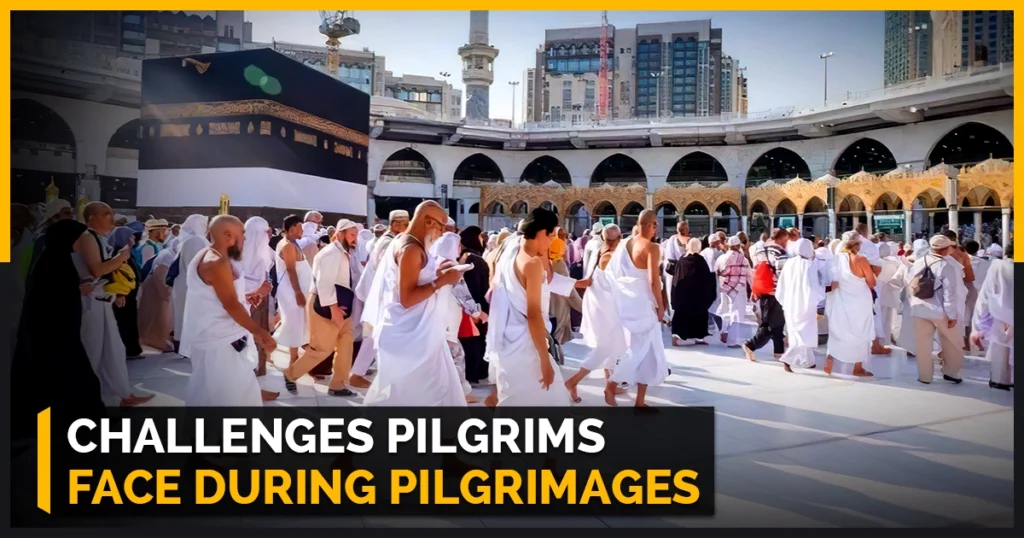
Hajj and Umrah are special but can be challenging. One of the main challenges is managing the large number of pilgrims. Millions of people come to Makkah at the same time, which can make it hard to move around or find places to stay.
The authorities in Saudi Arabia work hard to manage these crowds, building bigger roads and special trains to help pilgrims travel safely. Another challenge is health and safety. With so many people in one place, there’s a risk of illness. Pilgrims are encouraged to get vaccines and stay hydrated to avoid getting sick.
On a spiritual level, pilgrims might face distractions during their prayers. Staying focused and remembering the purpose of the pilgrimage is important. Many find that praying in quiet places and reading the Quran helps them overcome these spiritual challenges.
Having a Hajj & Umrah travel agency by your side during your side will help you to manage these challenges during the journey. These travel agencies provide tour guides to help you throughout the journey.
Modern Innovations and Technologies
Modern technology has made Hajj and Umrah much easier. Today, there are apps to guide pilgrims through the rituals and help them stay on track. Technology also helps with booking hotels and flights, making it easier to plan the trip.
Innovations like air-conditioned tents, fast trains, and large prayer spaces have made the pilgrimage more comfortable. While the way people travel has changed, the spiritual meaning of Hajj and Umrah remains the same.
Ending Thought
As we have come to the end of this blog, you have got a clear idea that Hajj and Umrah are not only important journeys for Muslims to connect with Allah (SWT), but they also teach valuable lessons of faith, patience, and unity. These journeys have so many impacts on the lives of the pilgrims. Along with that these journeys also contribute to Saudi Arabia’s economy.
Even though there are challenges like managing large crowds and staying healthy, modern technology and innovations have made these pilgrimages easier and safer. Whether through new apps or better transportation, the true spiritual purpose of these sacred journeys remains unchanged. May all pilgrims find peace and blessings on their journey. Inshallah!
Thank you for your time. If you want to know more about Islam and Islamic pilgrimages, visit this space.
 Kolkata, West Bengal
Kolkata, West Bengal

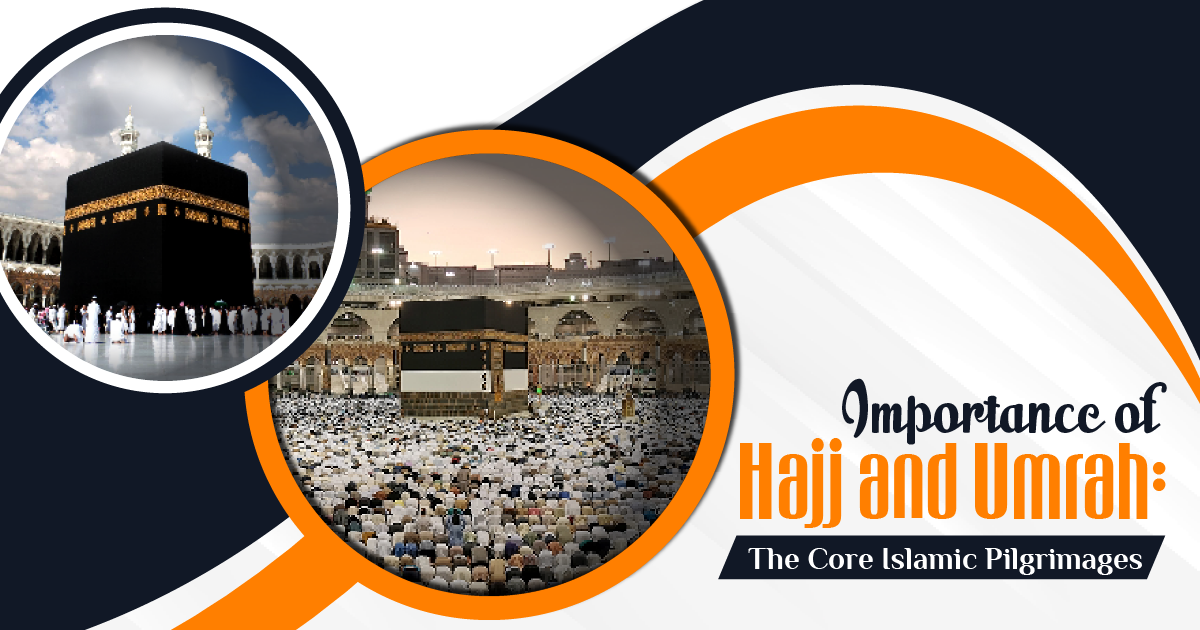
Leave a Reply